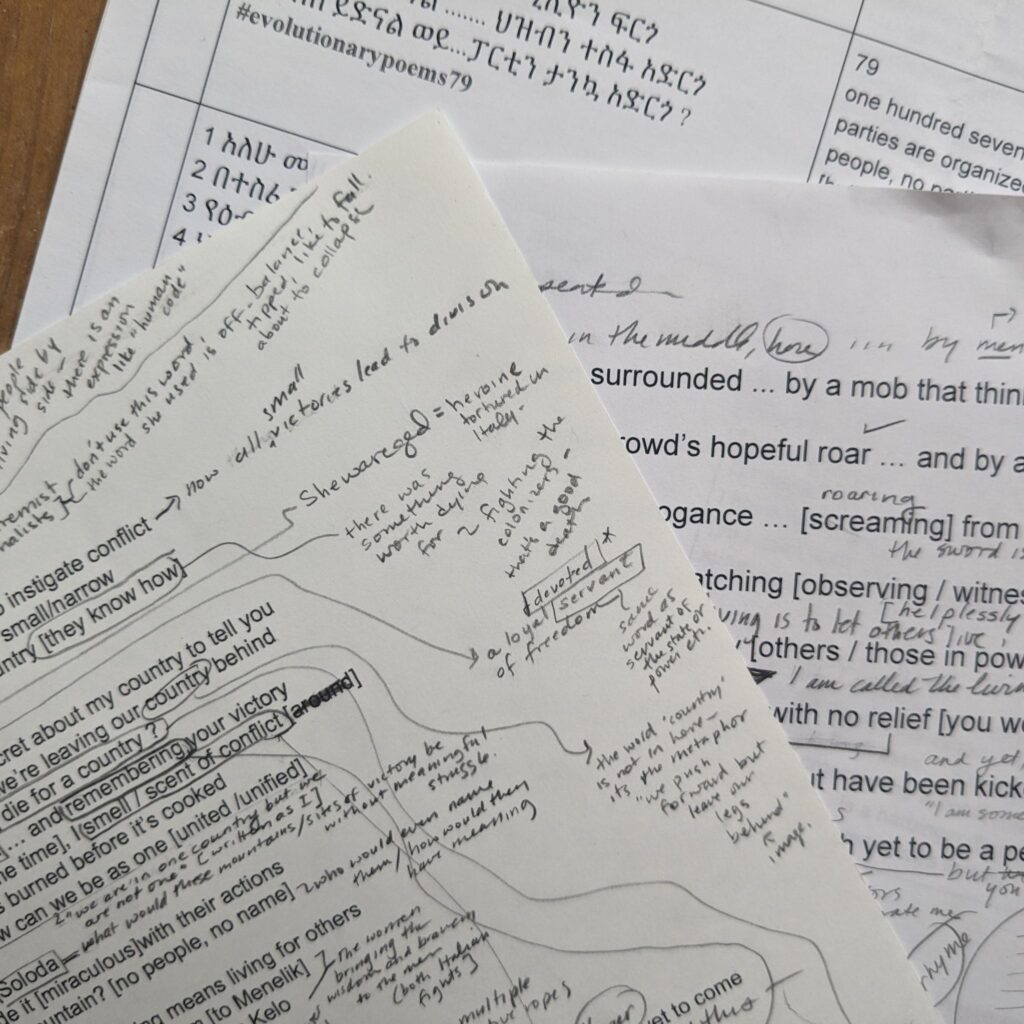
Sometimes I am a good utopian. Sometimes I’m a bad one.
—
“There is a false utopianism that is the exact inverse of the one I am now describing, a utopianism consistent in its belief that what man desires, projects and proposes is, obviously, possible. Nothing is more repugnant to me, for I see this false utopianism as the major cause of all the misfortunes taking place now on this planet. In this humble matter in which we are now engaged, we can appreciate the opposing meanings of the two utopianisms. Both the bad and the good utopians consider it desirable to correct the natural reality that places men within the confines of diverse languages and impedes communication between them. The bad utopian thinks that because it is desirable, it is possible. Believing it to be easy is just moving one step further. With such an attitude, he won’t give much thought to the question of how one must translate, and without further ado he will begin the task. This is the reason why almost all translations done until now are bad ones. The good utopian, on the other hand, thinks that because it would be desirable to free men from the divisions imposed by languages, there is little probability that it can be attained; therefore, it can only be achieve to an approximate measure. But this approximation can be greater or lesser, to an infinite degree, and the efforts at execution are not limited, for there always exists the possibility of bettering, refining, perfecting: ‘progress,’ in short. All human existence consists of activities of this type.”
—José Ortega y Gasset, 1937
“The Misery and the Splendour of Translation” (translated by Elizabeth Gamble Miller)
image: WIP collaborative translation, with Mihret Kebede, of her #evolutionarypoems, forthcoming from Circumference Books
also: A blog post I wrote on Futurefeed that touches on this